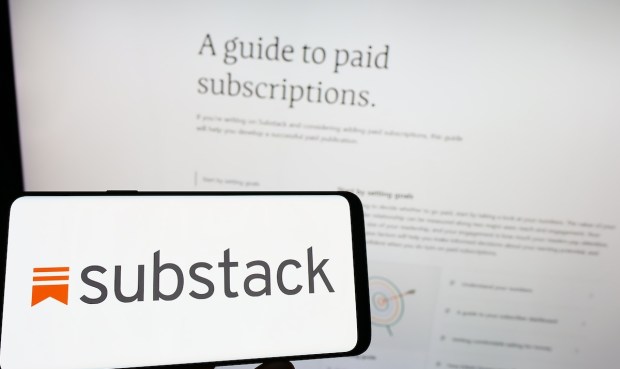
Substack readers can now pay for their subscriptions in local currencies.
It’s part of a wider series of changes by the newsletter publisher announced last week as it seeks to make things easier for international writers and readers, according to a company blog post.
“Substack has implemented pricing in 13 different currencies, so readers can now pay for a subscription plan using their local currency,” the company wrote in the post. “This is automatically suggested based on their location. Localized pricing is enabled by default for paid publications, but you can opt out anytime by navigating to your publication settings.”
Those 13 currencies include American, Canadian, Australian and New Zealand dollars, euros, British pounds, along with the national currencies of Brazil, Mexico, Sweden, Switzerland, Denmark, Poland and Norway.
Users paying in these currencies don’t need to worry about dollar conversion rates when their subscriptions are due. Substack also in the post said European subscribers can use payment methods like direct debit or payment via bank portals.
The changes come as Substack is working to be seen “more broadly as a creator subscription destination,” as PYMNTS wrote last month, with the company debuting new video options and focusing on its multimedia offerings.
“We’re expanding our video capabilities to support the many great shows already being produced on the platform, and to enable the creation of new types of subscriber-supported work built around video,” Substack’s co-founders wrote in November. “Now it’s possible to host and distribute anything from video podcasts to web shows to feature films on Substack.”
Platforms are increasingly hoping to capitalize on the rise of influencer culture by offering creators subscription tools. For example, Patreon has been a player in the space, expanding its tools with the addition of a livestreaming platform last year.
Other players are offering their own versions of creator subscriptions, such as Roblox, which lets creators offer in-game subscriptions inside the experiences (i.e., digital spaces) they have made. And courses and coaching platform Teachable launched Memberships in October, allowing creators to offer their own content subscriptions.
Subscription models offer a valuable opportunity. PYMNTS Intelligence’s “Subscription Commerce Tracker®” showed that consumers spend an average of $273 each month on subscription services.



